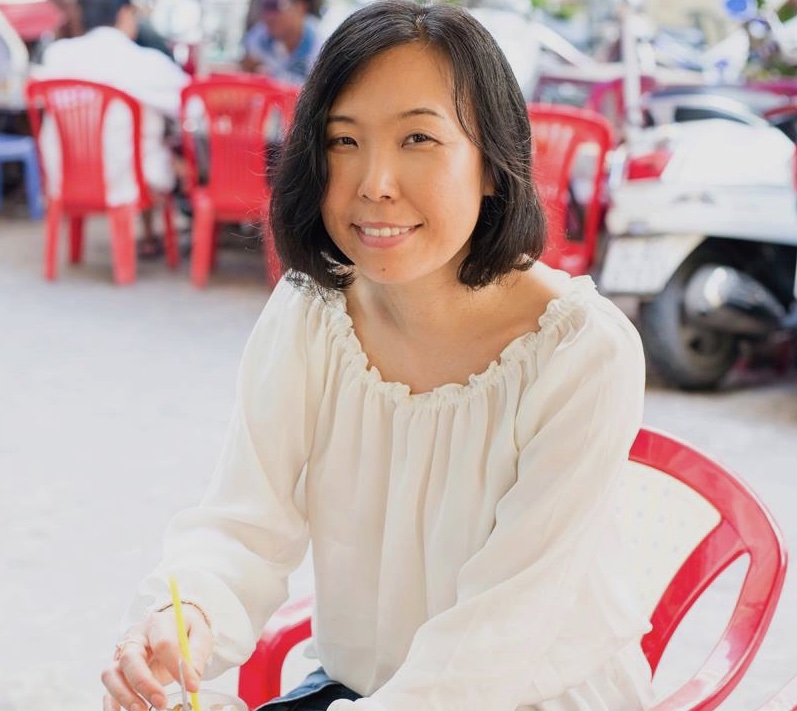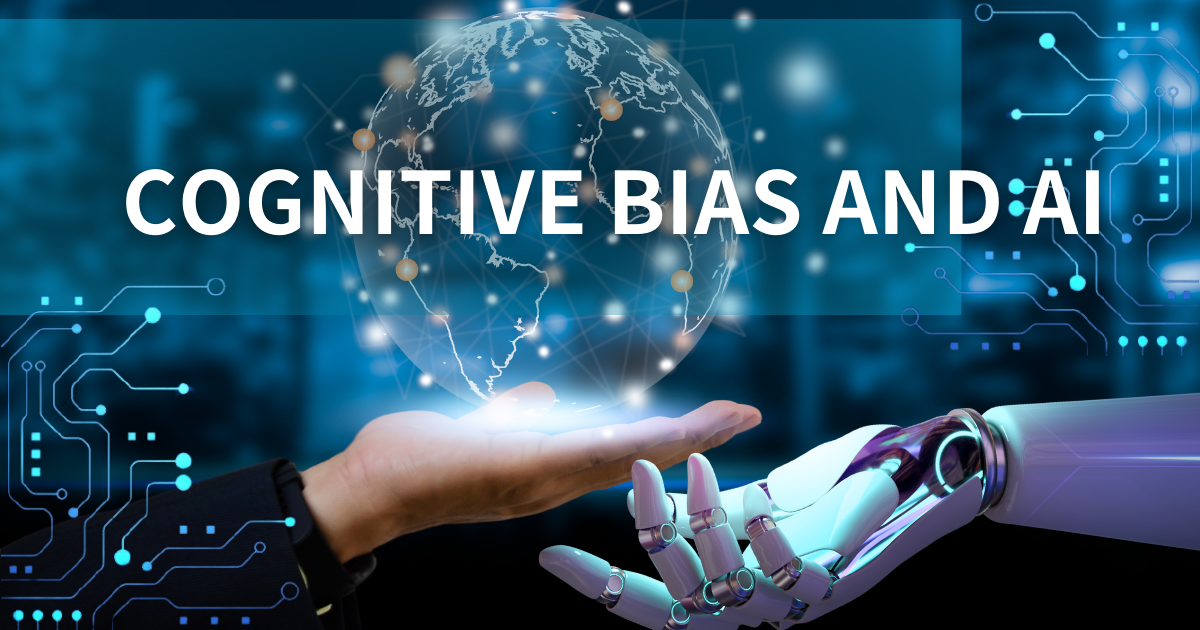Welcome to “Cognitive Bias and AI”
Hello, and thank you for visiting! My name is Tomomi, and I am the voice behind this blog. Trained as a behavioral economist (see my publication below), I have developed a deep interest in the intersection of human psychology and the rapidly evolving world of artificial intelligence.
This blog serves as a dedicated platform where I will share comprehensive literature reviews and insightful analyses on a crucial aspect of this intersection: how cognitive biases influence AI development and ethics.
My goal is to explore and illuminate the subtle yet significant ways in which our human tendencies and thought patterns can shape, and are shaped by, the technologies we create.
In addition, I delve into the intersection of artificial intelligence and the economic landscape, analyzing AI’s impact on various critical areas such as jobs, economic growth, productivity, policy and regulation.
Furthermore, I share customized GPTs I created.
Thank you for being here, and let’s explore this fascinating world together!
Tomomi

Selected Publication
Journal Articles
Behavioral Economics & Experimental Economics
Hisaki Kono and Tomomi Tanaka (2019) “Does Marriage Work as a Commitment Device?: Experimental Evidence from Vietnam” PLOS ONE 14(6) [Link]
Tomomi Tanaka and Colin Camerer (2016) “Trait perceptions influence economic out-group bias: lab and field evidence from Vietnam”, Experimental Economics. Volume 19 No. 3, p. 513–534 [Link]
Sera Linardi and Tomomi Tanaka (2013) “Competition as a Savings Incentive: A Field Experiment at a Homeless Shelter”, Journal of Economic Behavior and Organization. Volume 95, p. 240–251 [Link]
Tomomi Tanaka, Colin Camerer and Quang Nguyen (2010) ” Risk and Time Preferences: Linking Experimental and Household Survey Data from Vietnam”, American Economic Review. Volume 100 No. 1, p. 557-571 [Link]
C. Mónica Capra, Tomomi Tanaka, Colin F. Camerer, Lauren Feiler, Veronica Sovero and Charles Noussair (2009) “The Impact of Simple Institutions in Experimental Economies with Poverty Traps”, Economic Journal. Volume 119 Issue 539, p. 977-1009 [Link]
Tomomi Tanaka (2007) “Resource Allocation with Spatial externalities: Experiments on Land Consolidation” B.E. Journals in Economic Analysis & Policy, vol.7 Iss.1 Article 7 [Link]
Matching Theory
John Hatfield, Charles Plott and Tomomi Tanaka (2016) “Price Controls, Non-Price Quality Competition, and the Nonexistence of Competitive Equilibrium”, Games and Economic Behavior. Volume 99, p. 134-163 [Link]
John Hatfield, Charles Plott and Tomomi Tanaka (2012) “Understanding Price Controls and Nonprice Competition with Matching Theory”, American Economic Review. Volume 102 No. 3, p. 371-375 [Link]
Machine Learning
Ryan Engstrom, Dan Pavelesku, Tomomi Tanaka and Ayago Wambile (2019) “Mapping Poverty and Slums Using Multiple Methodologies in Accra, Ghana” IEEE [Link]
Working Papers
Josephine Ofori Adofo, Nori Tarui, and Tomomi Tanaka (2022) “The Local Economic Effects of Natural Resources : Evidence from Ghana”. Policy Research Working Paper ; No. WPS 10154. Washington, D.C. World Bank. [Link]
Julian Jamison, Kevin Mcgee, Gbemisola Oseni, Julie Perng, Ryoko Sato, Tomomi Tanaka, and Renos Vakis. (2018) “The Relationship between Conflicts, Economic Shocks, and Death with Depression, Economic Activities, and Human Capital Investment in Nigeria“. Policy Research Working Paper; No. WPS 8685. Washington, D.C. World Bank. [Link]
Hitoshi Matsushima, Tomomi Tanaka and Tomohisa Toyama (2013) “Behavioral Approach to Repeated Games with Private Monitoring” University of Tokyo CARF Working Paper [Link]
Media Coverage
Guardian
“One in five Nigerians suffer chronic depression” [Link]
Yahoo! Finance
“Working homeless study offers insights” [Link]
Awards
I am proud to have been recognized for my contributions in various fields:
In 2019, I developed a simulation model with colleagues at IFC to assess the impact of private sector investment on job creation, which earned me the IFC-World Bank Collaboration Award from the International Finance Corporation.
My work on the Ghana Systematic Country Diagnostic, which involved guiding a diverse team of 60 researchers across 22 departments, became a cornerstone for the World Bank Group’s engagement in the country and earned me recognition with the EFI VPU award from the World Bank.
In 2014, my efforts and achievements were acknowledged when I was honored as a ‘Woman of the Year‘ by Nikkei Woman Magazine, a testament to my dedication and impact in my field.
In 2012, I received the Enjoji Jiro Memorial Prize from Nikkei, recognizing me as one of the most promising young economists of my generation.
